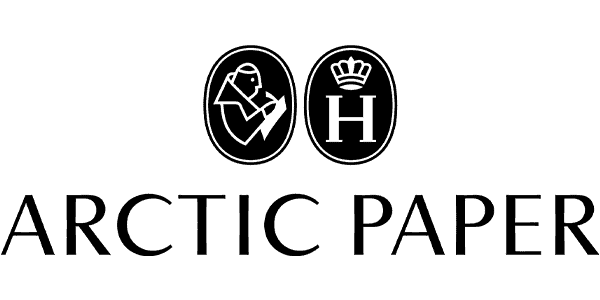
The Procedural Criminal Law Cooperation of the EU - Towards an area of freedom, security & justice - Part 2

| Författare | |
|---|---|
| Förlag | Jure Förlag |
| Genre | Juridik |
| Format | Häftad |
| Språk | Engelska |
| Antal sidor | 228 |
| Vikt | 0 |
| Utgiven | 2016-02-16 |
| ISBN | 9789185985081 |
The book does not deal with the details of the different instruments in the area, but rather aims at discussing the values and normative structures behind the cooperation: -To what extent can the principle of mutual recognition be understood as a normative principle and—if so—what does it say? -How should the development of the ne bis in idem prohibition within the EU be understood? -Should the double criminality requirement be taken seriously or should it be abandoned?
Petter Asp is Professor of Criminal Law at Stockholm University. He was, during the years 2011–2014, the holder of the Torsten and Ragnar Söderberg Chair in Legal Science. He is a member of the European Criminal Policy Initiative (2008–) as well as of the Commission’s expert group on EU criminal policy (2011–). He has written extensively on EU Criminal Law and his books include EG:s sanktionsrätt (Administrative Sanctions in EU Law, 1998), EU & den svenska straffrätten (EU Law & Swedish Criminal Law, 2002), Internationell straffrätt (International Criminal Law, 2011, 2nd ed. 2013) and The Substantive Criminal Law Competence of the EU (2012).
























